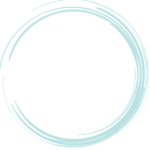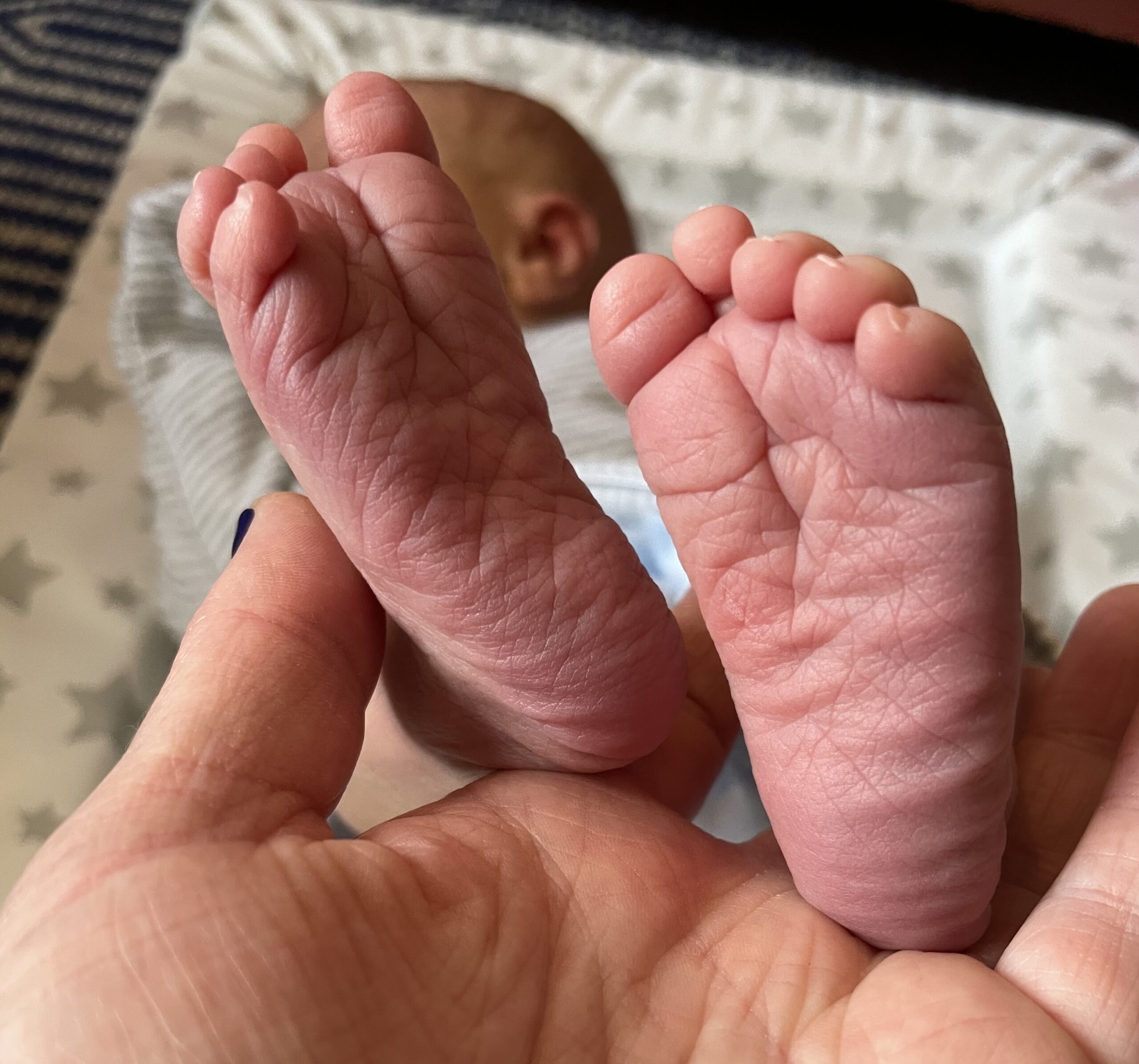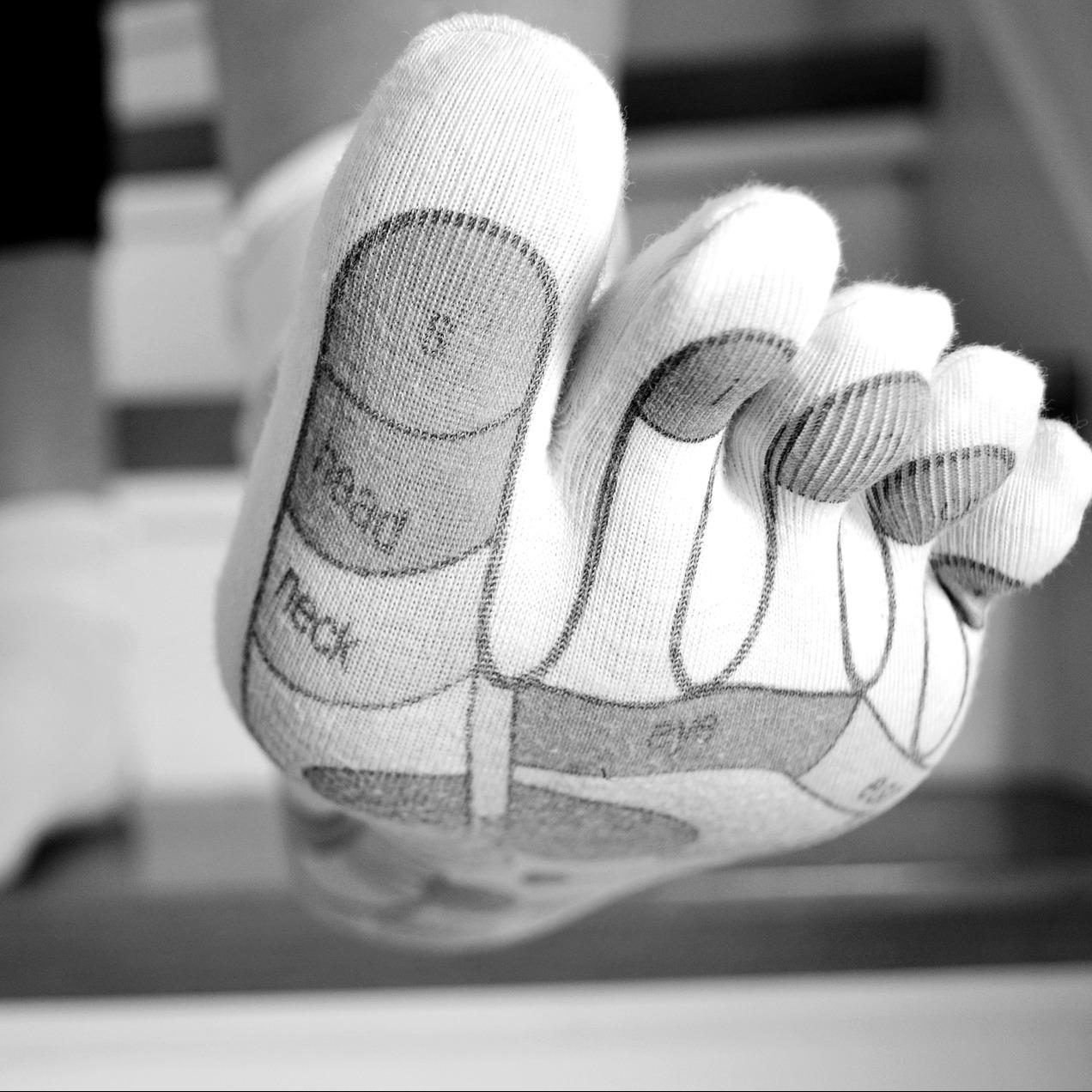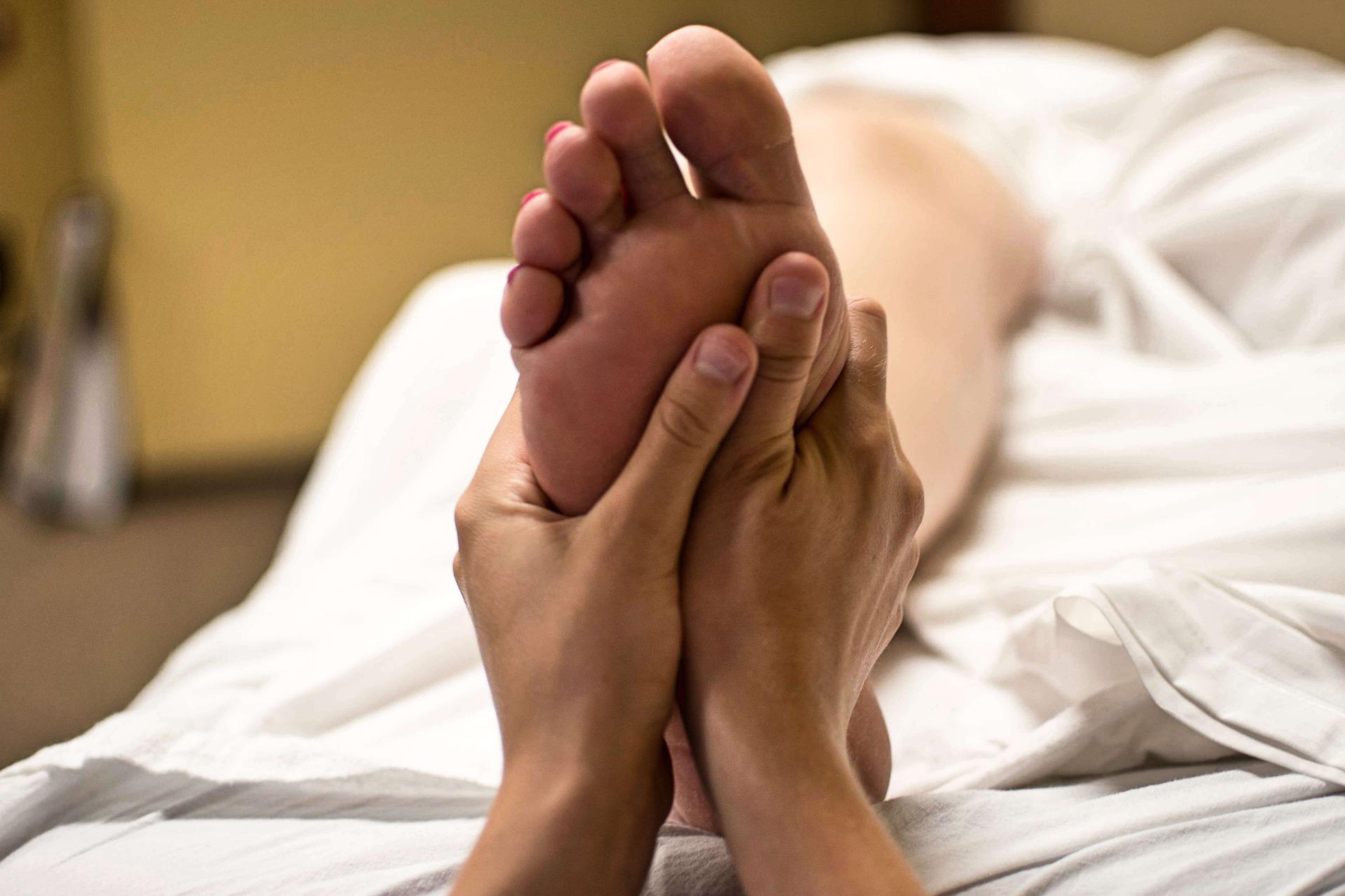Reflexology

Reflexology is an ancient touch therapy based on the idea that the body’s organs and systems correspond to specific reflex points on the feet, hands, and face.


Reflexology is a non-invasive complementary health therapy that can be effective in promoting deep relaxation and wellbeing. It is based on the principle that reflexes (points and areas) on the hands, feet and lower leg correspond to internal organs and other physical structures. The Reflexologist stimulates specific places on the foot according to a “micro map of the body” to access the organs, muscles, bones, nerves, lymph nodes and glands of the body.
It is now estimated that 75% of ailments, injuries, aches and pains are present due to stress. Reflexology allows the body to release that stress thus supporting the body to repair and heal itself. The combination of relaxation and the physical changes during a treatment places reflexology as an effective treatment in activating the parasympathetic nervous system. When this system is stimulated the body can enter astate of rest, digest and repair, which is essential for lowering blood pressure, regulate breathing, improving digestion and aiding reproduction, even at a cellular level.
Reflexology treats the whole person by bringing harmony to the physical, mental and emotional. It considers all aspects of health and wellbeing, rather than just focusing on one illness. It can support people living with chronic conditions, as treatment for acute issues, and as a prevention and maintenance program.
Professional clinical Reflexologists work holistically with their clients and aim to work alongside allopathic (traditional western) healthcare to promote better health for their clients.
Reflexology is not used to diagnose, cure or prescribe.
